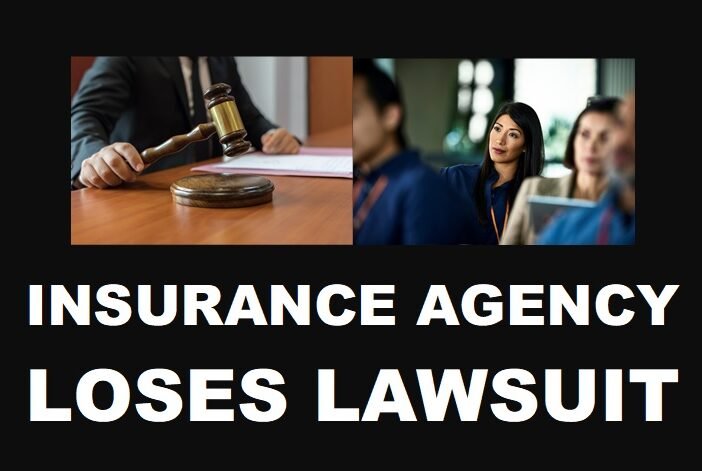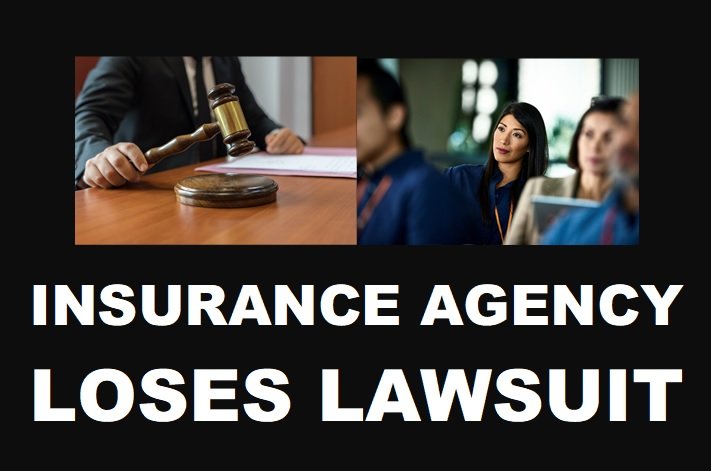
By: AgencyEquity.com
An insurance agency’s client will experience an event that may turn into a claim. Often, that client will ask the agency if their policy covers the event. Rather than telling the client that they should submit the claim for the insurer to evaluate, the agency may be tempted to give them a yes or no answer. As a Hawaii agency learned, this temptation should be avoided.
The chain of events goes back 15 years. The client was an automotive retailing company that purchased Directors and Officers Liability insurance from the agency, which obtained the coverage from a wholesale broker who in turn placed coverage with a major carrier. The initial policy took effect in September 2007 and was renewed the following year.

In May 2008, the client received the first of a series of subpoenas related to a grand jury investigation. Their chief financial officer then met with two producers from the agency to discuss the subpoenas. There are two versions of what happened at that meeting:
- The client’s version is that the CFO showed the subpoenas to the producers and asked if the D&O policy covered them. The producers allegedly said there was no coverage unless the client was indicted.
- The agency’s version is that the CFO did not show the producers the subpoenas and the group discussed a request for information from the Internal Revenue Service. One of the producers allegedly asked if an indictment, subpoena, or anything more formal had been issued. The CFO allegedly said no.
The two sides also disputed what advice, if any, the producers gave. Regardless, the agency did not submit a claim to the insurer. The client incurred substantial costs hiring its own attorneys to handle the investigation.
One of the attorneys sent the insurer a demand for coverage in February 2009. The insurer issued two coverage denial letters, one for each policy term, stating that the claim reports did not meet the reporting requirements in the claims-made policies. In addition, they said that, even if the report had been made on time, the submitted materials did not constitute a claim.
The client sued the carrier, the wholesaler, and the retail agency for relief in the form of reimbursement for its defense costs, negligence, misrepresentation, and bad faith. They alleged that the agency’s failure to submit the claim to the carrier caused the carrier to deny the claim, thus causing them to incur the legal fees and exposing them to an uninsured judgment. They also said the agency made untrue representations about the coverage to them, causing them to delay reporting with the result of a denial of coverage.
A jury found the agency to be liable and awarded the client 70% of its damages of $837,079.31 (the jury found the client to be 30% responsible.) The agency appealed, sparking a long series of court proceedings. In August 2022 the Hawaii Intermediate Court of Appeals ruled against the agency. Importantly, one of the judges agreed with the majority but said it was irrelevant whether the insurer said the claim was covered or not. The reason was that, had the claim been submitted and the insurer took that position, the client could have chosen to ask a court to declare that coverage applied. The agency’s failure to report, then, caused the damage in this judge’s eyes.
In February 2023, the state Supreme Court agreed, citing the concurring opinion.
When a client asks if a particular actual or hypothetical circumstance is covered, insurance agents can offer their interpretation of the policy. However, they should always follow by emphasizing that the ultimate coverage determination must be made by the insurer. They can avoid errors and omissions liability claims by referring hypothetical questions to the insurer or by advising the client to submit a claim.
While the agency in this case disputed the client’s version of events, the lesson for all agencies is clear. Do not give clients yes or no answers to coverage questions. The wrong answer may be the spark that lights a lawsuit.











